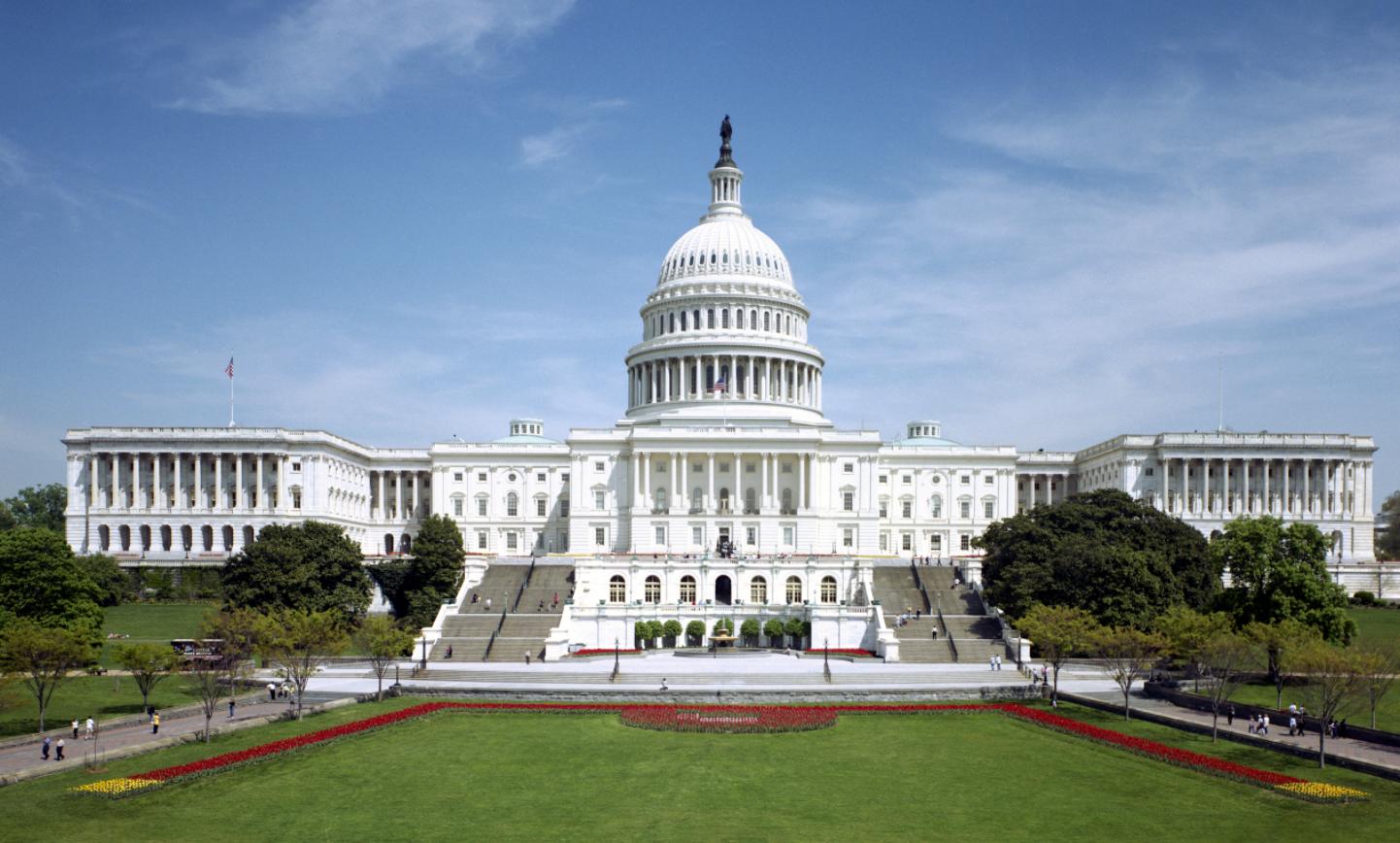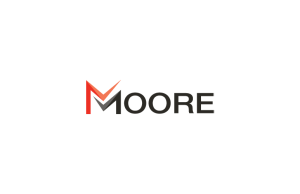The first shoe is expected to drop toward tax reform by week’s end, according to the Council on Foundations (CoF), which issued an email alert to its members this morning. If the alert holds true, the initial step, a tax reform framework document, would begin a process toward the first major tax reform in the U.S. since 1986 – a process that has been about a year and a half in the making.
Speaker of the House Paul Ryan (R-Wis.) stated during a Tuesday evening event at the Capitol Hill Club that the framework document would be released by week’s end, according to Hadar Susskind, senior vice president of government relations for the council. Recent indications from House Committee on Ways and Means Chair Kevin Brady (R-Texas) had estimated that such framework would be released after Congress’ August recess.
“It’s fair to say that this really kicks off the process,” Susskind said.
Ryan has stated privately that the document will be just four or five pages and in plain, non-legislative language, according to Susskind. The document is expected to be a high-level overview of what the White House and Republican leadership in the Senate and House of Representatives are prioritizing as they move toward tax reform. Consensus around the framework has been formed behind closed doors between Ryan, Brady, Senate Majority Leader Mitch McConnell (R-Ky.), President pro tempore of the Senate Orrin Hatch (R-Utah), Secretary of the Treasury Steven Mnuchin, and Gary Cohn, aide to President Donald Trump, according to Susskind.
Susskind expects the framework to state that the charitable deduction will be maintained, describing the issue as “noncontroversial.” Additional details directly relating to the nonprofit sector, such as provisions involving donor-advised funds, are not expected to be included in the framework.
The staffs of the House Committee on Ways and Means and Senate Committee on Finance are anticipated to use the framework document as a guide during recess and its principles will be used by Ways and Means to drive legislation after congressional recess, Susskind suggested. He noted that Congress has a busy fall ahead with a budget vote expected in September and the debt ceiling needing to be addressed by October. While Republicans’ goal is to address tax reform in 2017, Susskind said that it wouldn’t be unprecedented for it to stretch into 2018 despite mid-term elections later in the year. The Tax Reform Act of 1986 was signed into law just weeks before the mid-term elections that year.
Susskind, when asked what sort of impact the much-publicized efforts to repeal and/or replace the Affordable Care Act (ACA) will have on tax reform efforts, said that he expects tax reform to proceed no matter what – the only difference being the environment in which it moves forward. Repealing the ACA would, for instance, give Republican lawmakers political momentum heading into tax reform and have fiscal implications relating to the revenue necessary to make tax-reform legislation revenue-neutral.
Once the framework is released, Susskind recommends using it as an opportunity to launch a call to action and reaching out to elected officials if your organization hasn’t already. The council’s focus has gone beyond maintaining the charitable deduction and toward ensuring that the deduction maintains its “full scope and value.” Lawmakers have stated their support for charities, but other priorities – such as simplifying taxes – could negatively impact charities, the reported doubling of the standard deduction being one such example. The council has not come out in opposition of efforts to increase the standard deduction, Susskind said, but has instead advocated for a universal deduction that also would apply to those who do not itemize their annual income taxes.
Steven Taylor, senior vice president of public policy for United Way Worldwide, confirmed the rumored framework release and noted that some in Washington, D.C. are depending on congressional gridlock to foil tax reform.
“We can’t afford to just hope tax reform doesn’t happen,” Taylor said in an email. “The nonprofit sector has been a fixture on Capitol Hill the last 6 months. A major charity, coalition or association has met with virtually every tax committee member. Hopefully the tax reform legislation will reflect our full-throttle advocacy efforts. If it doesn’t, it’s not because we didn’t make our case.”
The news follows somewhat closely, although on a different timeline, what experts in the field have been predicting. During the American Institute of Certified Public Accountants (AICPA) Not-For-Profit Industry Conference in June, Ruth Madrigal, partner at Steptoe & Johnson; Alexander Reid, partner at Morgan, Lewis & Bockius, LLP; and Margaret von Lienen, exempt organizations director at the Internal Revenue Service (IRS) presented a session entitled “Update from the IRS, Treasury & the Hill.” During the session, Reid said that he expected headway toward tax reform to be made this summer.
The trouble has been, according to Reid, that there aren’t enough tax loopholes that can be closed in order to move the needle down from the current maximum tax rate of 39.6 percent. Dollars need to flow from elsewhere to make up for any more substantial cuts and any such decisions must be politically viable.
A consumption tax, for instance, has been a difficult sell because it breaks President George H.W. Bush’s cardinal rule: “Read my lips: no new taxes.” Reid said during the session that one way of driving revenue, having a consumption tax without having an actual consumption tax, would be to tax corporations selling products from overseas to the U.S. – a tax that would ultimately be passed on to consumers in the form of higher costs.
Reid noted that a lack of support for Republican healthcare proposals would put a snag in tax reform goals, but added that he expected a pivot toward tax reform followed by members of Congress discussing tax reform with constituents during August recess.
Other items discussed during the session included:
. The IRS conducted 6,440 examinations of exempt organizations in 2016 and had already completed 4,000 this year, according to von Lienen. Improvements have been made to the Form 990 case selection, she said, including the utilization of 200 queries intended to identify organizations at high risk of non-compliance. Every organization, whether they file a Form 990, 990-EZ, or 990-PF, is run through the list of queries, which von Lienen declined to specify in detail. The overall e-filing rates among the forms has grown into the 60 to 70 percent range, she said;
. The IRS also began, in 2016, examining 1023-EZ forms to test the process for compliance risk. Of the 1,180 forms sampled, more than 400 had been closed as of May 1, von Lienen said. The vast majority of those closed (86 percent) have been closed with no change or change with advisory. Advisories include issues such as lack of charitable activity, high percentages of unrelated business income, employment tax issues, and inaccurately filed returns;
. Expected changes to the 1023-EZ coming next year include adding two questions that mirror the form’s eligibility check sheet – one about income and another about self-identifying as a house of worship, school, or hospital. A 250-character textbox will also be added to the form to state purposes and activities, similar to electronically filed Form 990s;
. Deregulation has been an overarching theme in the White House and Treasury, according to Madrigal. She reviewed a number of memorandums and executive orders that have come out of the White House since President Trump’s inauguration, including one stating that for every new federal regulation, two must come off the books, and another instructing the IRS and Department of the Treasury to hold up on new regulations until presidential appointees are in place. A deputy treasury secretary has not yet been appointed by Trump, she added; and,
. Madrigal also discussed the CHARITY Act, which has been introduced in the U.S. Senate, as being relevant to the Treasury because the bill picks up on budget proposals from years past. Provisions in the bill include a requirement to file Form 990s electronically, allowing funds from individual retirement accounts (IRAs) to roll over into donor-advised funds, and simplifying the private foundation excise tax to a flat 1 percent.
Mark Hrywna contributed to this report.











